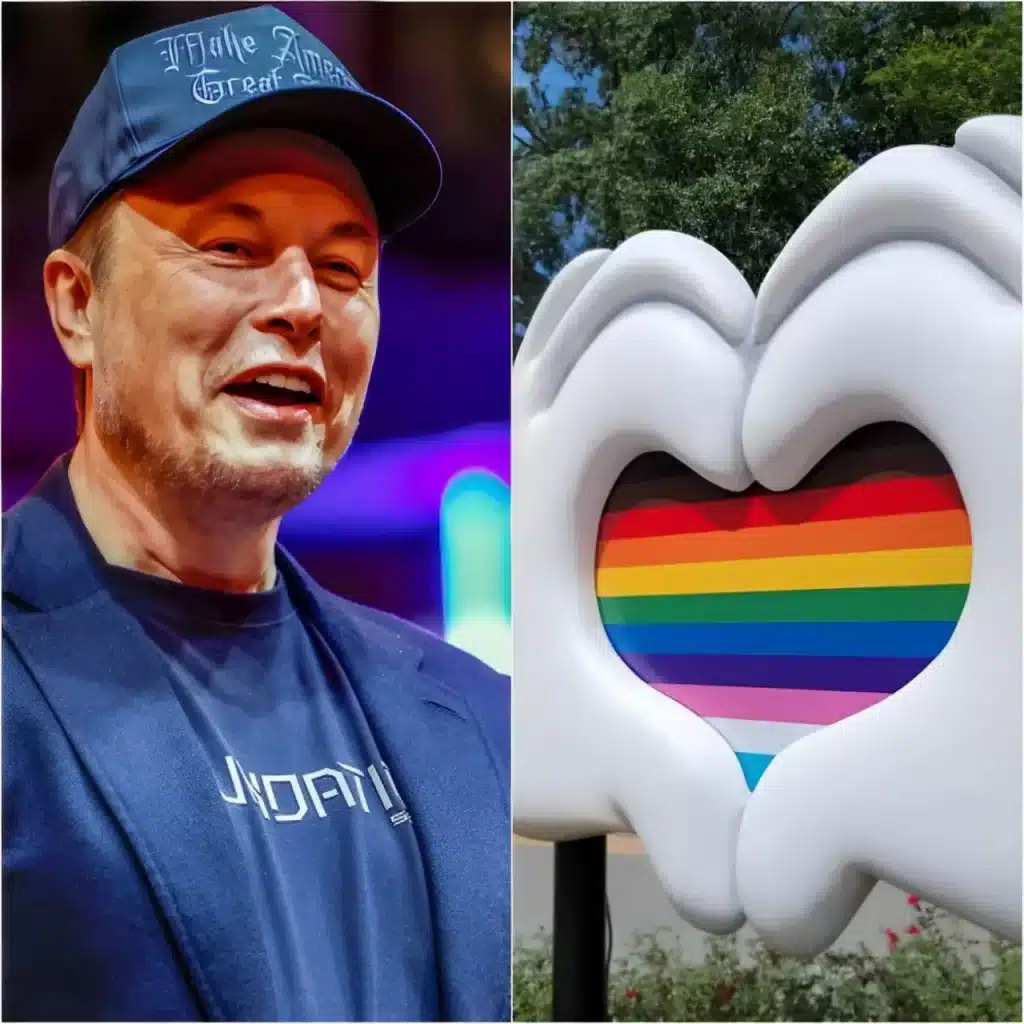Elon Musk’s recent decision to restrict Disney’s Pride-related content on his social media platform X has ignited debate about the intersection of social values, media influence, and children’s programming.
Musk has openly criticized “woke” messaging, particularly content addressing gender identity and LGBTQ+ themes, asserting that such material should not be directed at children. His ban on Disney’s Pride content is based on the belief that these themes are “inappropriate for children” and should be carefully curated for young audiences.
This move highlights Musk’s concerns about “woke” messaging in media for younger viewers. He has expressed discomfort with entertainment companies incorporating social justice themes or promoting diversity and inclusivity, calling these efforts “woke” and unsuitable for children.

Musk argues that parents should control the content their children access, and that platforms like X should ensure messaging aligns with “traditional” or “neutral” values for younger users.
However, many see Musk’s decision as an overreach, potentially limiting positive representation for marginalized groups, particularly given Disney’s influence and advocacy for diversity.
Disney has long included LGBTQ+ characters and Pride-themed stories to normalize these identities in popular culture. Advocates for such representation believe it helps foster inclusivity and empathy in children, while providing a lifeline to LGBTQ+ youth who may lack such representation elsewhere.